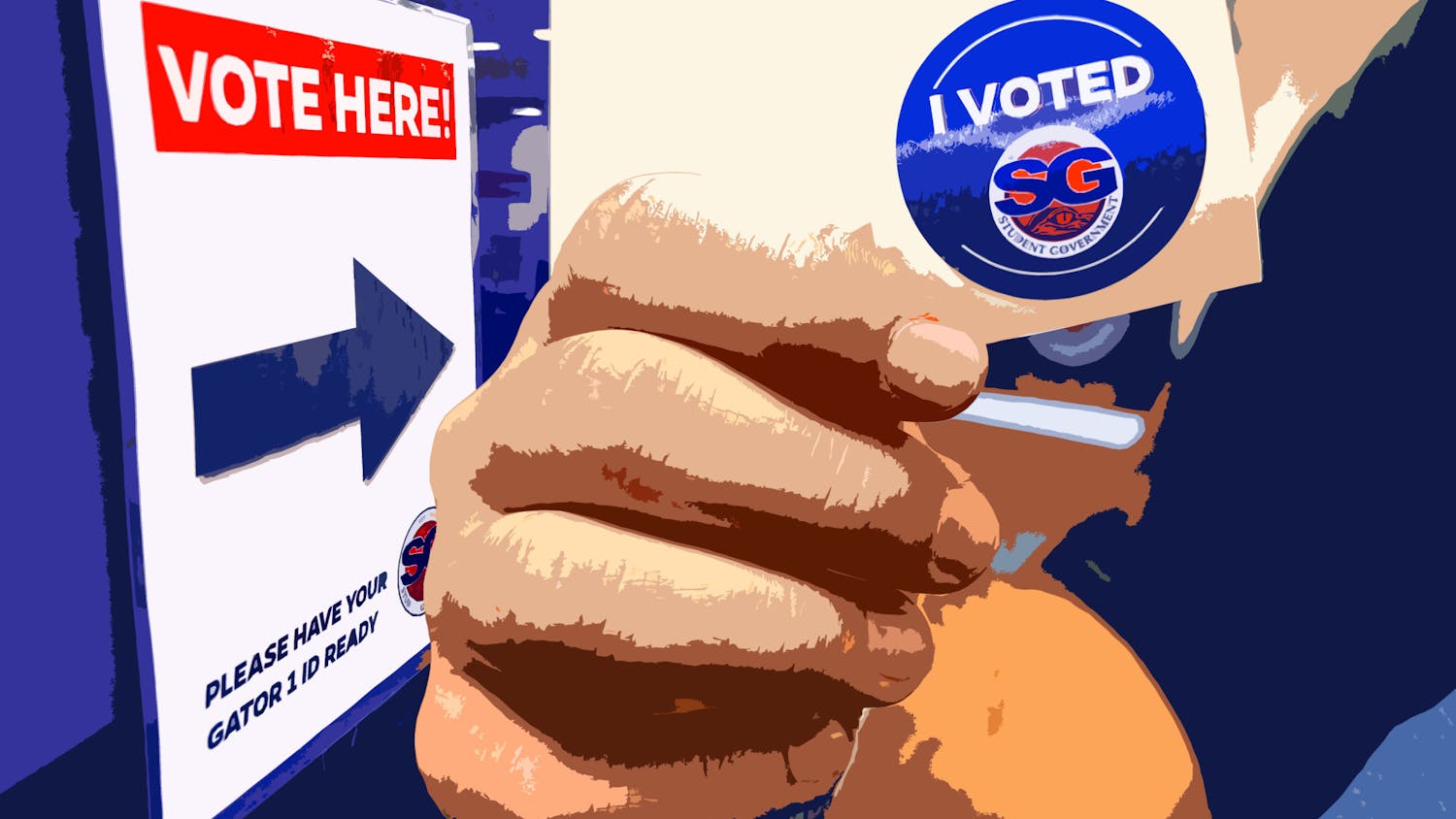I am interning for an organization that helps alleviate global poverty called The Borgen Project. The project, according to their website, “is an innovative, national campaign that works with U.S. leaders to improve their response to the global poverty crisis.” Or, in other words, it is probably the opposite of what you’re imagining. Typical poverty relief groups are “boots on the ground” types of organizations that directly improve the living conditions of communities through physical projects, such as building wells, buildings, etc. However, The Borgen Project focuses on directly alleviating global poverty by lobbying representatives in government to vote on policies that would increase the budget for financial aid.
You may be thinking, “The U.S. is in more debt than I can even count to. We can’t waste money helping someone else out when we need to help ourselves.” Well, you have a point, but please relax, and I will explain how this actually helps the U.S.
The Borgen Project and many representatives, generals, and other leaders who support the organization have mentioned that the concept of financial aid isn’t really aid but more so an investment, because downsizing global poverty helps create U.S. jobs.
Essentially, the U.S. isn’t the center of the world, and 95 percent of the world’s consumers live outside of the U.S. That accounts for $5 trillion in purchasing power. If more countries improve living conditions — access to food, shelter, water — their citizens will eventually transition from barely surviving to becoming consumers, and if the U.S. is directly helping them, then it gives us a good name and a future business partner. If you think this is ideological bull----, well listen to this recent example of Indonesia. Back in November 2011, Boeing announced its largest deal during that time, 230 jets. People were baffled to hear that it wasn’t a North American or European airline, but instead Indonesia’s Lion Air. Indonesia used to be one of the poorest countries, but the U.S. and its allies used foreign aid to improve the living conditions of Indonesia, directly resulting in a general improvement of living standards and a rising middle class. This expanding middle class led to increased commercial travel, and Indonesia needed jets to meet the demand. By the way, if you’re wondering how much Boeing and the U.S. (since Boeing is a U.S. company and a large source of our exports) got from that deal, those 230 jets cost $22 billion. And that’s not the only example. Some of our trading partners, including Germany and South Korea, once received U.S. foreign aid.
If you’re wondering why our focus at The Borgen Project is to increase the foreign aid budget, it may surprise you. Firstly, many people have this perception that the U.S. spends too much money on foreign aid, believing we spend about 25 percent. Well, that’s false. We spend less than .08 percent of the federal budget on foreign aid — or $30 billion a year. If that sounds like a lot, more than 50 percent of our discretionary spending is for the military accounting, totaling $663 billion. Secondly, the largest relief agency in the world, the World Food Programme, spends $4 billion annually, when the U.S. spends $6 billion per aircraft carrier. We have the funding available. It just depends how we chose to spend it.
If you want more information on the organization, please visit, borgenproject.org for more details.
James Hardison is a UF English sophomore. His column appears on Thursdays.





